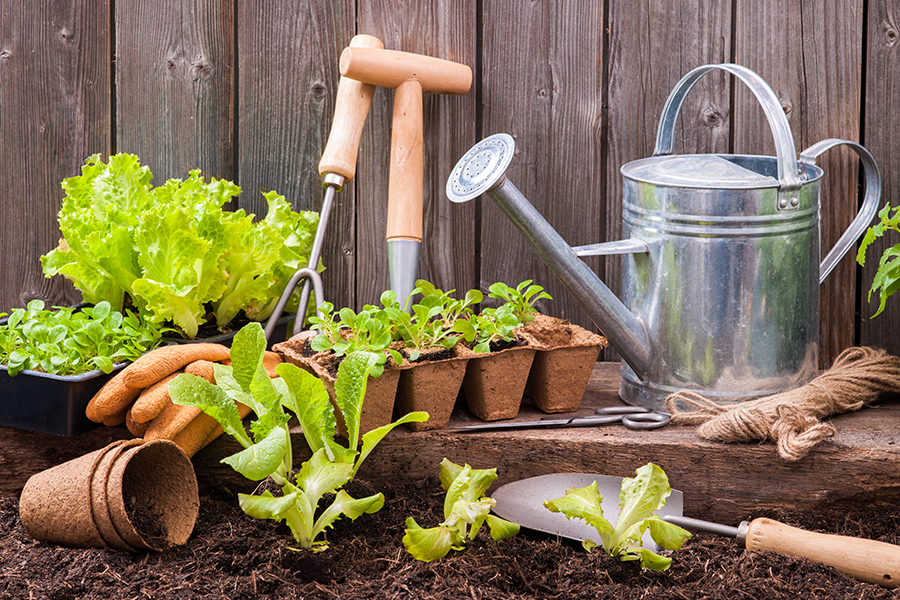Little-known tips and tricks to make your garden more eco-friendly

Gardening is a wonderful way to connect with nature and create a beautiful outdoor space. However, traditional gardening practices can have a negative impact on the environment. From pesticide use to water waste, many common gardening practices can harm wildlife and contribute to climate change.
Whether your garden is big or small and whatever your experience level, there’s always something you can do to make a difference. Luckily, there are many little-known tips and tricks to make your garden more eco-friendly. In this article, we'll explore some of these tips in detail.
-
Use native plants: Native plants are adapted to local conditions and require less water and fertilizer than non-native species. They also provide habitat and food for local wildlife.
-
Compost: Composting is a natural process that turns organic waste into nutrient-rich soil. By composting food scraps, yard waste, and other organic matter, you can reduce waste and create healthy soil for your garden.
-
Avoid pesticides: Pesticides are toxic chemicals that can harm wildlife and contribute to water pollution. Instead of using pesticides, consider using natural pest control methods such as companion planting or introducing beneficial insects.
-
Use rainwater: Water is a precious resource, and using rainwater to irrigate your garden is a great way to conserve it. You can collect rainwater in a barrel or cistern and use it to water your plants.
-
Plant trees: Trees provide many benefits, including shade, habitat, and carbon sequestration. By planting trees in your garden, you can help combat climate change and create a more sustainable landscape.
-
Mulch: Mulching is a simple and effective way to conserve water, suppress weeds, and improve soil health. By adding a layer of mulch to your garden beds, you can reduce water evaporation and promote healthy plant growth.
-
Use organic fertilizers: Chemical fertilizers can harm soil health and contribute to water pollution. Instead, consider using organic fertilizers such as compost, bone meal, or fish emulsion.
-
Create a wildlife habitat: By providing food, water, and shelter for local wildlife, you can create a biodiverse and sustainable garden. Consider planting a variety of native plants, installing bird feeders and birdhouses, and providing a water source such as a bird bath or pond.
-
Plant a vegetable garden: Growing your own vegetables is a great way to reduce your carbon footprint and create a sustainable food source. By planting a vegetable garden, you can reduce food waste, cut down on transportation emissions, and eat fresh, healthy produce.
-
Choose sustainable materials: From garden tools to planters, there are many sustainable options available. Look for products made from recycled materials, bamboo, or other sustainable materials.
In conclusion, there are many little-known tips and tricks to make your garden more eco-friendly. By using native plants, composting, avoiding pesticides, and implementing other sustainable practices, you can create a beautiful and sustainable outdoor space. By making small changes in your garden, you can help protect the environment and promote a more sustainable future.